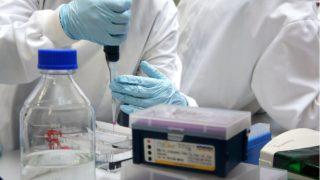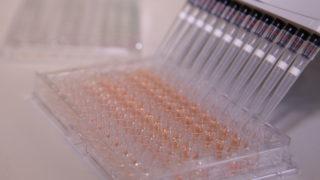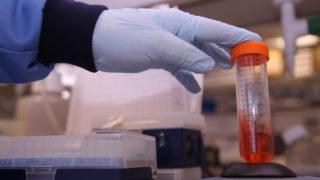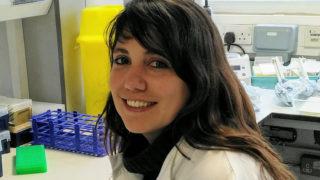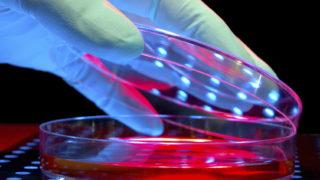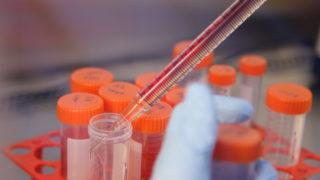Category: Publications
Search News
Categories
Archives
Personalised ovarian cancer risk prediction reduces worries
18th May 2020
Offering personalised ovarian cancer risk prediction to women shows that 98 per cent of participants felt less worried after finding out their ovarian cancer risk status, according to a new study.
Read moreMetal analysis of urine for pancreatic cancer detection
28th April 2020
Research has revealed that the signature of metal ions present in urine samples is an accurate indicator of pancreatic ductal adenocarcinoma, one of the deadliest types of cancer.
Read moreThe TME: Key to controlling cancer cell growth
10th March 2020
The tumour microenvironment: Key to controlling cancer cell growth Research led by Barts Cancer Institute (BCI), Queen Mary University of London, reveals novel insights into the role of the tumour […]
Read moreNew and valuable insights into familial myeloid leukaemia
3rd March 2020
Research has identified new genetic features implicated in a type of blood cancer known as familial myeloid leukaemia. The study, published in Nature Communications, offers novel insights into the biology of this inherited cancer, and provides a framework to inform how to more effectively manage at-risk individuals and patients affected by this type of blood malignancy.
Read moreImmune therapy reduces risk of recurrence in aggressive breast cancer
27th February 2020
An immune therapy for the most aggressive form of breast cancer can substantially reduce the risk of the disease returning, according to a clinical trial led by Professor Peter Schmid of Barts Cancer Institute, Queen Mary University of London.
Read moreFoot-and-mouth-disease virus could help target pancreatic cancer
12th February 2020
Researchers at Barts Cancer Institute, Queen Mary University of London, have identified a peptide, or protein fragment, taken from the foot-and-mouth-disease virus that targets another protein, called avβ6 (alpha-v-beta-6). This protein is found at high levels on the surface of the majority of pancreatic cancer cells.
Read more
